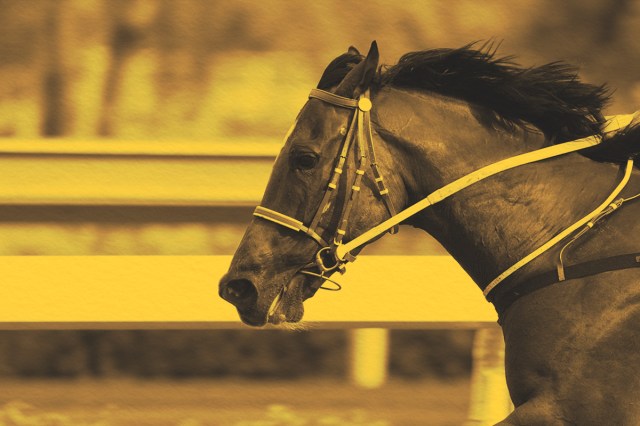
If you open up a book of English idioms, it’ll seem like a proverbial zoo. There are black sheep, busy bees, sitting ducks, and bulls that have somehow found their way into china shops. Then there’s the “dark horse,” an idiom dating to the early 19th century. It originally came from the horse racing world, only to be later adopted into other sports and political theater.
As defined by Merriam-Webster, “dark horse” means “a usually little-known contender (such as a racehorse) that makes an unexpectedly good showing.” This takes us back to the context under which it was coined. The descriptor “dark” originally referred to a racehorse that gamblers knew very little about, thus making it difficult to establish accurate betting odds for said horse. The word “dark” suggests that the horse and its skillset are somewhat shrouded in mystery.
The Oxford English Dictionary traces the phrase’s roots back to 1821; however, its popularity is credited to author and U.K. Prime Minister Benjamin Disraeli, who used it in his 1831 novel The Young Duke. He wrote, “A dark horse, which had never been thought of… rushed past the grand stand in sweeping triumph.”
“Dark horse” quickly developed a figurative usage, as it was frequently applied to unlikely political candidates who staged an unexpectedly competent showing. Take James Polk — winner of the 1844 U.S. presidential election — who’s often referred to as a “dark horse.” The blog Phrase Finder also notes that by the 1860s, “dark horse” was used in its figurative sense to apply to candidates seeking academic promotions. Today the idiom continues to be used in a political context, and it’s also often applied to athletic competitors deemed unlikely to succeed.

















